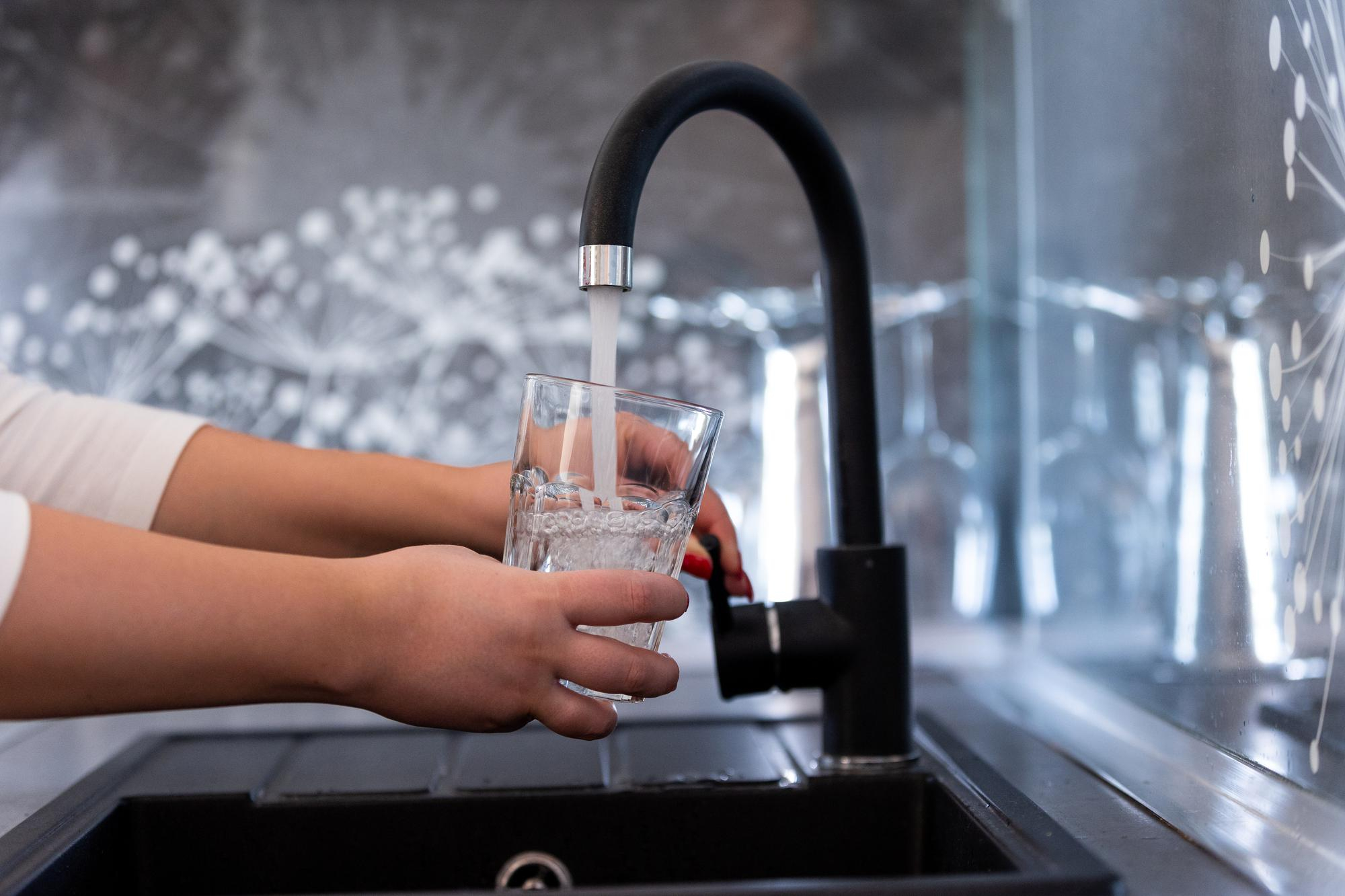
What is Water Hardness? What Are Hard Water and Soft Water?
Hardness of Water
The hardness of water refers to the amount of dissolved calcium and magnesium ions present in the water. Water with high levels of these minerals is called "hard water," while water with lower levels is referred to as "soft water." The hardness of water is an important factor in various domestic and industrial applications and has a direct impact on water quality.
Factors Determining Water Hardness
Calcium and Magnesium Ions: The primary minerals that determine water hardness are calcium (Ca²⁺) and magnesium (Mg²⁺) ions. These ions dissolve from rocks and minerals as water flows through underground sources.
Natural Sources: The geographical regions through which water sources pass affect the water's hardness level. In areas with abundant limestone and dolomite rocks, water is generally harder.
Human Activities: Agricultural, industrial, and mining activities can introduce various minerals into water sources, increasing water hardness.
How is Water Hardness Measured?
Water hardness is typically expressed in "ppm" (parts per million) or "mg/L" (milligrams per liter). Hardness can also be measured using the "dH" (German hardness) unit. Generally, water hardness levels are classified as follows:
- Soft Water: < 8.4 °dH
- Moderately Hard Water: 8.4 – 14.0 °dH
- Hard Water: 14.0 – 21.0 °dH
- Very Hard Water: > 21.0 °dH
Effects of Water Hardness
Hard water reacts with soap and detergents to reduce foaming and decrease cleaning efficiency. Additionally, limescale deposits caused by hard water can negatively affect the performance and lifespan of household appliances such as water heaters, pipes, and faucets.





